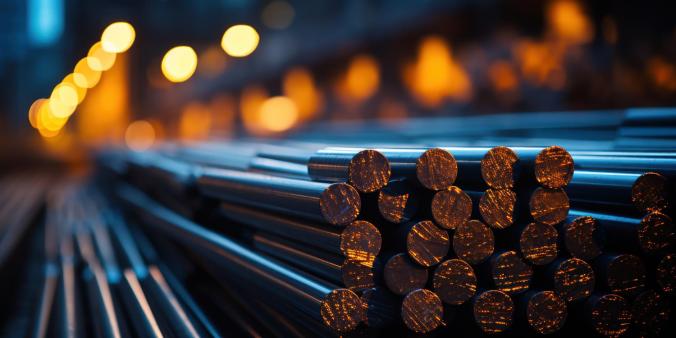Climeon participates in EU-funded research project to decarbonize shipping
Sweden’s Climeon will participate in the EU-funded Horizon 2020 research project CHEK, aiming to reach zero emission shipping by disrupting the way ships are designed and operated today. The project has been granted funding of 10 million Euros by the EU.
In 2018, the International Maritime Organization adopted an initial strategy on the reduction of greenhouse gas emissions from ships. In November 2020, they approved draft new mandatory regulations to cut the carbon intensity of existing ships, raising the bar when it comes to reducing emissions from shipping.
However, there is no single existing or emerging “silver bullet” technology that is able to decarbonize long-distance shipping on its own. Instead, we need to combine technologies and forces in order to reach the targets, Climeon says in a statement..
That is why The University of Vaasa, The World Maritime University, Wärtsilä, Cargill, MSC Cruises, Lloyds Register, Silverstream Technologies, Hasytec, Deltamarin, BAR Technologies and Climeon have joined forces in the research project CHEK - deCarbonizing sHipping by Enabling Key technology symbiosis on real vessel concept designs. The project has now been granted funding of EUR 10 million by the EU as part of its Horizon 2020 research and innovation program.
- The list of participants really shows the broad commitment in the industry to reduce emissions and address the United Nations Sustainable Development Goals, in this case primarily Goal 13 focused on climate action, says Jan Bardell, CEO of Climeon.
Zero emission shipping by disruption
The CHEK consortium proposes to reach zero emission shipping by disrupting the way ships are designed and operated today.
According to Climeon the project will develop two vessel designs – a wind energy optimized bulk carrier and a hydrogen powered cruise ship – equipped with a combination of innovative technologies such as Climeon’s waste heat recovery technology, hull air lubrication, anti-fouling technology and digital operational improvements.
- The target is to reduce greenhouse gas emissions by 99 percent, achieve at least 50 percent energy savings and reduce black carbon emissions by over 95 percent, it adds.
Instead of adding several new technologies onto existing vessel designs, the consortium will develop a unique Future-Proof Vessel Design Platform. The new design platform will allow the results to be replicated on other vessel types such as tankers, container ships, general cargo ships and ferries. Together, these cover over 93 percent of the global shipping tonnage and are responsible for 85 percent of global greenhouse gas emissions from shipping.
Climeon’s role in the project is to model and demonstrate the performance of a waste heat recovery system at operating points identified within the project. The results will help form a new waste heat recovery strategy and improve the understanding of system and component behavior under the studied operating conditions.
The project is expected to start in June 2021 and continue for 36 months.









